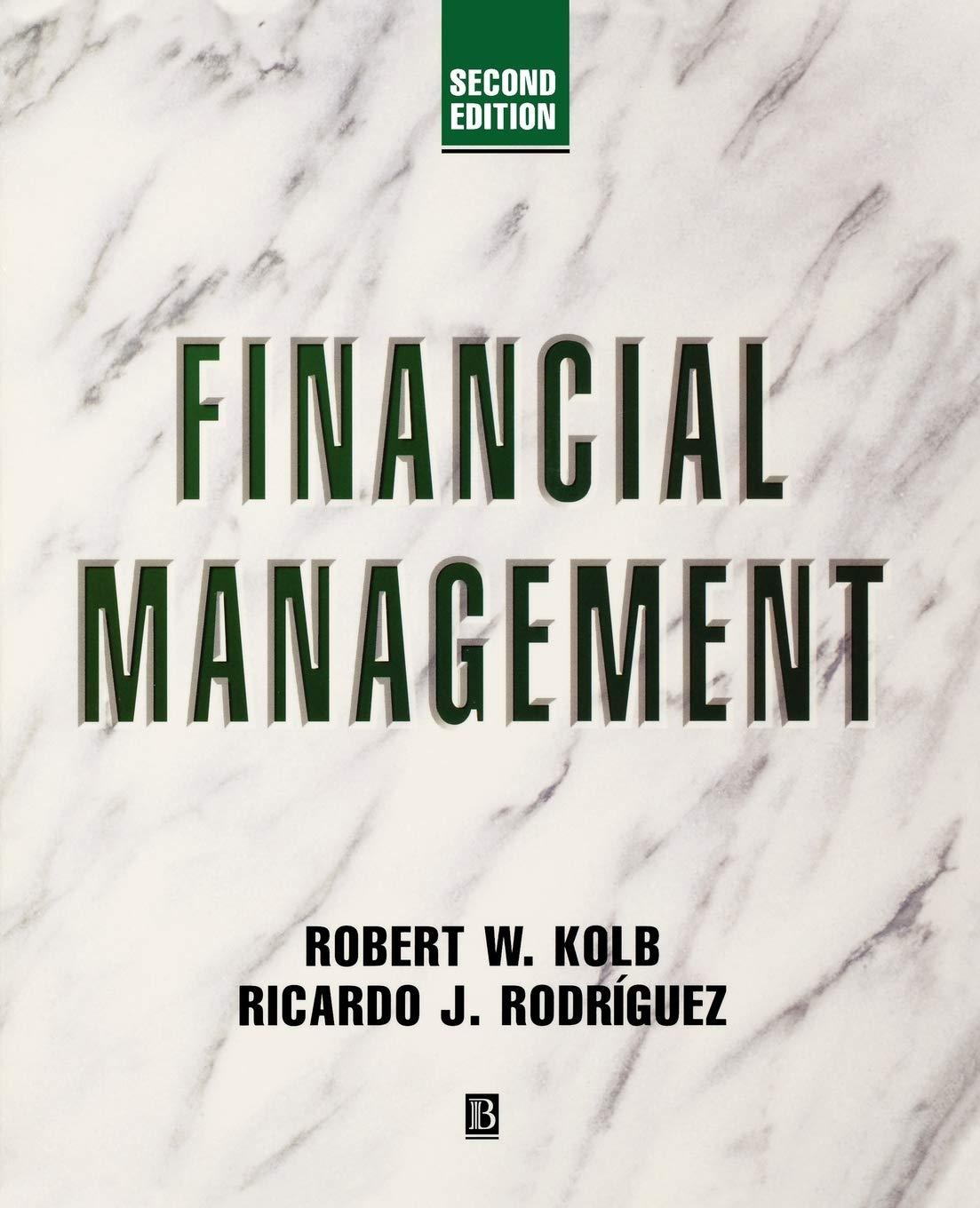11. There are two movie theatre companies in a southern city. "Imagination, Inc." and "Excellent Entertainment, LLC". Both establishments will often show the same blockbuster movies, at the same time. Suspiciously, "imagination, Inc." reduces ticket prices during the first two weeks each month; and, "Excellent Entertainment reduces ticket prices during the third and fourth weeks of each month. Recently, a local activist group has asked the FTC (Federal Trade Commission) for an investigation of the promotional actions of these movie theatre companies. They suspect: A. Price discrimination B. Tying contracts C. False advertising D. Price fixing 12. Similar to Mylan Pharmaceuticals that makes the EpiPen, there is a vocabulary concept called This is a situation where a company who was headquartered domestically (say, in the U.S.) decides to relocate its headquarters in another country to avoid the tax obligation in the country where it originated. This is A. Expatriotic; illegal B. Expatriot; legal C. Inversion; illegal D. Inversion; legal 13. As is the case with the EpiPen brand and other prescription drugs, pharmaceutical companies enjoy the patent protection afforded by the U.S. government. Which of the following was the reason provided for this need? A. Pharmaceutical companies want to price gouge at every opportunity. B. Pharmaceutical companies seldom produce and market more than 10 prescription products. The prescription product line is particularly vulnerable to the replication by competitors. c. Pharmaceutical companies spend on average upwards of $2 billion developing products. They desire a pay- back window. D. Pharmaceutical companies who produce prescription drugs always use penetration pricing strategy. They penetrate the market with undercutting the competition, and therefore need a cushion that patent protection provides 14. The agency that approves pharmaceuticals for distribution in the U.S.is A. The FTC (Federal Trade Commission) B. The Treasury Department's Anti-Trust Division C. The FDA (Food and Drug Administration) D. The Clayton Commission on Fair and Safe Trade 15. Deregulation refers to: A. The act of limiting companies from producing harmful products. B. The government stepping in and structurally breaking-up a company whose size it believes is limiting competition. C. The government seizing the property of large companies who are not committed to pay their creditors in an expedient manner. D. The government eliminating regulatory action in certain industries







